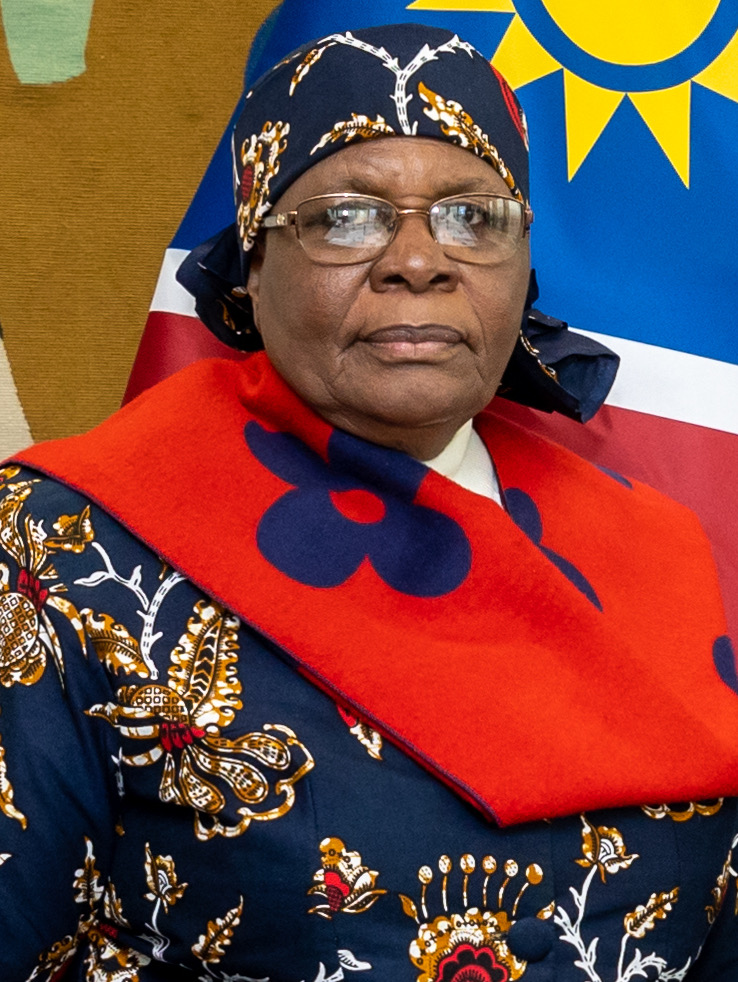Extended Voting, Missing Ballots, and Foreign Meddling: Namibia’s Election, Female President
By Farai D Hove | Namibia’s recent presidential election, hailed as a historic moment with the election of the country’s first female leader, Netumbo Nandi-Ndaitwah, has been overshadowed by allegations of irregularities, logistical failures, and accusations of foreign interference. What should have been a celebration of democratic progress has turned into a contentious political storm.
Extended Voting and Missing Ballots
The election, initially scheduled for one day, faced significant logistical challenges, including widespread shortages of ballot papers and delays in delivery to key voting stations. These issues forced election officials to extend voting by an unprecedented three days, concluding only on Saturday instead of Wednesday.
The decision to extend voting sparked outrage among opposition parties, who labeled it unconstitutional and claimed it gave the ruling SWAPO party an unfair advantage. Many voters reportedly waited in long queues only to be turned away due to ballot shortages. Some opposition leaders alleged that the extensions allowed for manipulation of votes, casting doubt on the credibility of the electoral process.
Allegations of Foreign Interference
Adding to the controversy are details regarding foreign meddling, with Zimbabwe’s ruling ZANU-PF party being found to have orchestrated an elaborate scheme to aid SWAPO’s victory. Documents in ZimEye’s possession show that at least 320 Zimbabweans were transported into Namibia to vote for SWAPO as part of an official ZANU-PF program. This plan was allegedly engineered by President Emmerson Mnangagwa’s administration, raising concerns about the influence of foreign governments on Namibia’s electoral process.
Political analysts have highlighted the close ties between SWAPO and ZANU-PF, both former liberation movements that have maintained decades-long political dominance in their respective countries. Critics argue that such cross-border interference undermines the democratic processes in southern Africa and could set a dangerous precedent for future elections in the region.
Opposition Rejects Results
Opposition parties, led by Panduleni Itula of the Independent Patriots for Change (IPC), have rejected the results, calling the election a flawed process. Itula, who secured 25% of the presidential vote, has vowed to challenge the results in court. He accused the Electoral Commission of Namibia (ECN) of failing to address the logistical issues and of bias in favor of SWAPO.
Several opposition parties also boycotted the official announcement of results, citing concerns over transparency. They claim that the transportation of foreign voters, extended voting periods, and ballot shortages disenfranchised many Namibians and compromised the election’s fairness.
SWAPO Retains Power
Despite the challenges, SWAPO and Nandi-Ndaitwah emerged victorious, with the president-elect securing 57% of the vote. The ruling party also retained its majority in Parliament, avoiding the fate of other liberation movements in the region, such as South Africa’s ANC and Botswana’s BDP, which have seen declines in support.
In a celebratory message, SWAPO declared: “SWAPO Wins. Netumbo Wins. Namibia Wins. Now Hard Work.” The victory makes Nandi-Ndaitwah the first female president in Namibia’s history and a symbol of progress for women in leadership roles.
Divided Nation and Future Challenges
While Nandi-Ndaitwah’s election is a historic achievement, it comes amidst a divided nation. Allegations of Zimbabwean voter manipulation, coupled with opposition challenges to the results, threaten to overshadow her presidency. Namibia’s reputation as one of Africa’s most stable democracies is now at risk, as many Namibians demand accountability and transparency.
As Namibia moves forward, the new administration faces the dual challenge of addressing governance concerns while uniting a deeply divided nation. Whether this historic moment will be remembered for progress or controversy remains to be seen.
Related
#Namibias #Election #Female #President #ZimEye



